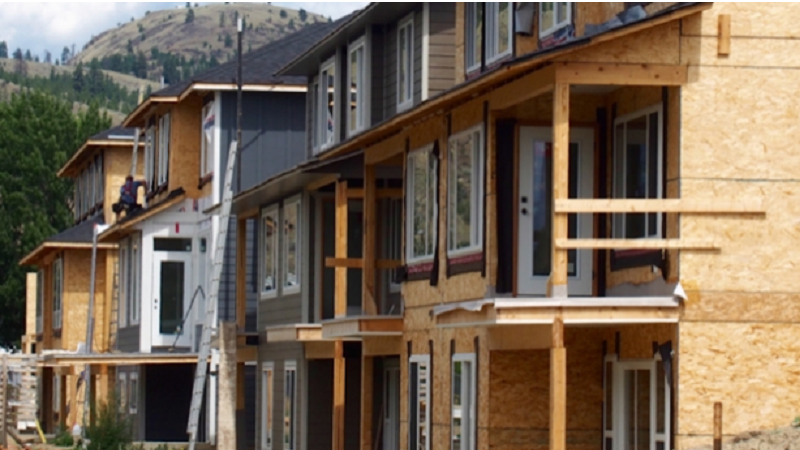
ROTHENBURGER: Ballooning assessments pit homeowners against renters
A LOT OF NEW MILLIONAIRES are walking around Kamloops these days. They don’t look different than anyone else. Their clothes aren’t any fancier; they likely don’t wear gold necklaces and designer shoes.
They’re just ordinary folks whose property assessments are in the mail (maybe you got yours yesterday). When they open them, they might find that the assessed value of their homes has suddenly shot over the $1 million mark, thanks to B.C. Assessment Authority, which has boosted property values for single-family homes by 27 per cent on average in the city. In some places, it’s as much as 50 per cent.
What was a nice, average-priced home a year ago is suddenly worth a million bucks. That’s just the market, according to B.C. Assessment. In fact, those assessments tend to lag behind the market by a few percentage points, so homes usually sell above assessed value. Let’s pause here to remind ourselves that higher assessments don’t necessarily mean higher taxes. If tax rates were static, yes, taxes would follow assessments. But local governments set their budgets according to what they want to spend, then set tax rates on assessed value to bring in the amount of money they need.
(Property taxes almost inevitably go up from year to year anyway as local governments add inflationary costs and various projects to what they spent the previous year.)


